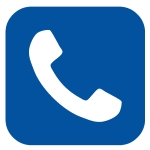The City of Thunder Bay is not responsible for the accuracy of the content/advice provided by external organizations in the website links or attachments below.
Community Centre Board of Directors Resources
Find resources and articles related to the governance and operations of Community Centres.
COVID - 19 |
Province of OntarioCovid-19 Information
|
Contact Us








